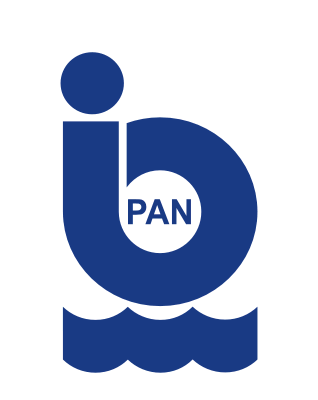Institute of Oceanology, PAS

Name: Institute of Oceanology, PAS
Address: ul. Powstańców Warszawy 55, 81-712 Sopot , Poland
Website: http://www.iopan.gda.pl
Description:
The mission of the Institute of Oceanology PAN is to seek, understand, and communicate the scientific understanding of the marine environment and the issues related to its protection and sustainable use. IO PAN scientists and engineers achieve this by carrying out innovative, high-level scientific and technological research that further enhances our understanding of the environment, and provides expertise and new technologies which are then shared with the broader public and interested parties from the public and private sector. The areas of research cover role of the oceans in climate change and its effects on European seas, the natural and anthropogenic variability of the Baltic Sea environment, contemporary changes in the coastal ecosystems of shelf seas, genetic and physiological mechanisms of the functioning of marine organisms; the basics of marine biotechnology.
Disciplines: Earth and Environmental Sciences
Fields of activity:
marine physics, chemistry, biology, ecology, genetics, paloeooceanography, socioeconomy, education
Latest achievements:
Intensive reasearch activity the Instutute carried out in European Arctic showed that high proportion of phytoplankton biomass remained undetected by satellite observations in the Arctic Ocean, potentially affecting estimations of the paths of energy flow in the Arctic. It was shown that boreal species follow the Atlantic waters advance and temperature rise in the Arctic, which is clear sign of ongoing climate changes. Researchers from IO PAN also has dicovered that the ratio of 132,173-cyclopheophorbide-a enol to the sum of other chloropigments can be an effective paleoredox proxy, enabling the reserch of climate history in the past millenia.
Observations of th Baltic bottom revealed that the sea dumped ammunition affects the marine ecosystem. Both corroding munitions and contaminated sediments create a diffuse pollution source for benthic ecosystem.
Research facilities:
Research vessel OCEANIA – operating 240 days per year in Baltic and N. Atlantic
Contact person:
Professor Jan-Marcin Węsławski
Director of the Institute
weslaw@iopan.gda.pl
(+48 58) 731 16 00
